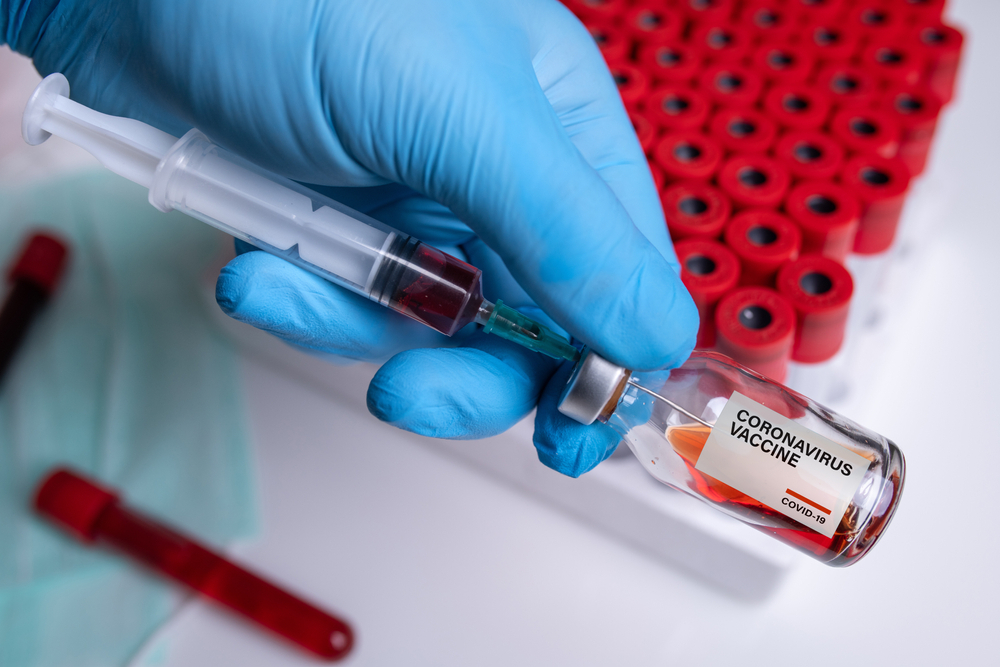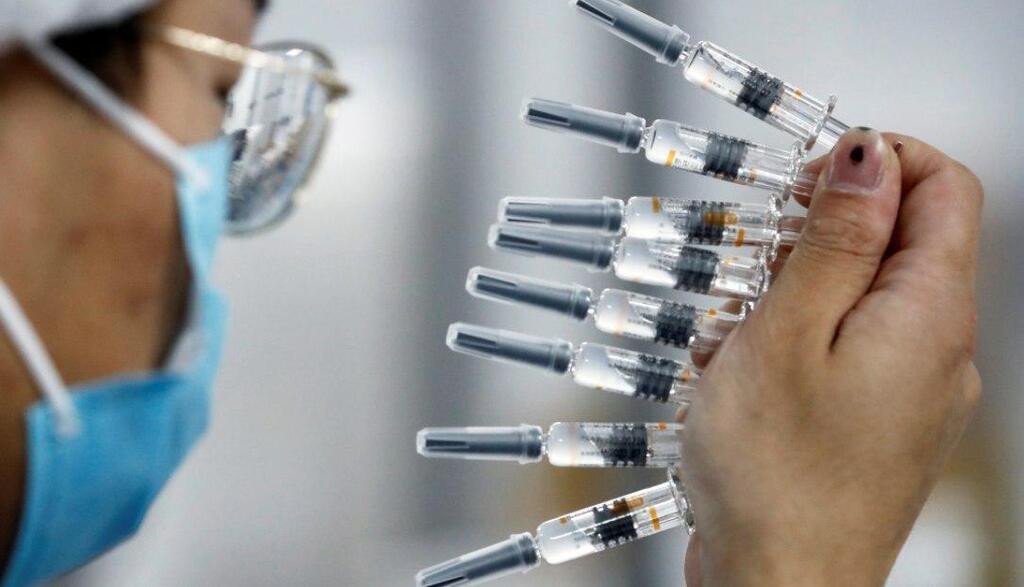A leading immunologist warned on Wednesday that a vaccine for the novel coronavirus may not become available to the Israeli before next summer.
"I believe there will be vaccines available in some countries by February-March," Vice Dean at the Faculty of Life Sciences at Bar-Ilan University Prof. Cyrille Cohen told the Ynet studio. "But I don't think we'll be able to get vaccinated here in Israel before next summer."
Prof. Cohen also warned that even when the inoculation will have become available, the initial number of doses will likely not suffice for the entire population and should be first administered to medical teams and at-risk groups.
Cohen called on Israelis to not count on the vaccine and become complacent and continue making every effort to prevent the spread of the disease.
According to Cohen, there are currently 11 companies worldwide that are in the final stages of clinical trials, and some may even produce final results before the end of the year - including U.S. biotech company Moderna with which Israel has a procurement agreement for the shot.
"I hope we'll get the results for these trials towards December," he said. "You need to realize that this isn’t a single shot, but many different technologies. Today we know that protein-based vaccines have been found to be very effective. Moderna's vaccine, for example, is a genetic vaccine that is in the middle in terms of effectiveness."
Unlike pharmaceutical companies in Western countries that are subject to strict regulations aimed at ensuring the safety and efficacy of their products, countries like China, Russia, and the United Arab Emirates (UAE) have already begun vaccinating their citizens against COVID-19.
Cohen said he will not rule out using vaccines from those countries despite the lack of data about the shots' potential side effects and fears that the companies may have cut corners in the trial phase.
"We do not have data about what is happening in China, Russia and the UAE, but I wouldn't rule out their vaccinations," Cohen said. "The only way to know whether they are effective is to it give time, or, alternatively, take a large group of people and vaccinate them, which is an ethical problem."
The UAE has reportedly vaccinated some 30,000 of its residents and China has done the same to over 350,000 people.
The World Health Organization does not object to Chinese pharmaceutical companies distributing their vaccines to the general public despite experts warning that such a move may pose a danger to public health and lead to wide public distrust in its efficacy.
According to reports from China, scientists claim that no unusual side effects have been reported so far among people who have received the injection.
Participants reported temporary fever, sensitivity or redness at the injected area that passes in a short time, a sore throat and mild dizziness.
To date, no coronavirus infections have been reported among participants. This data is comparable with other reports from different companies around the world.




